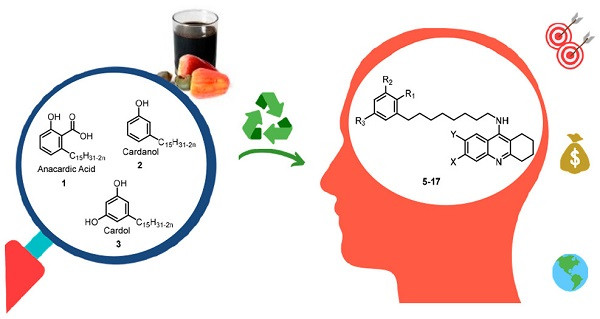Indian Scientists Introduce Low-Cost Method for Early Detection of Alzheimer's: Promising Breakthrough in Healthcare

IIE Digital Desk : In a significant stride towards combating Alzheimer's disease, Indian scientists have developed a groundbreaking and cost-effective method to detect the condition at its early stages. This development holds immense potential for revolutionizing Alzheimer's diagnosis, enabling timely intervention and improved patient outcomes.
A Game-Changer in Alzheimer's Treatment
Alzheimer's disease, a progressive neurodegenerative disorder, affects millions worldwide. Detecting the disease in its early stages is crucial for effective management and treatment. The new method devised by Indian scientists promises a breakthrough in early detection, offering a ray of hope for patients and their families.
A Cost-Effective Solution to a Global Challenge
Traditional diagnostic techniques for Alzheimer's disease are often expensive and inaccessible, posing a significant challenge, especially in resource-limited settings. The low-cost method developed by Indian scientists tackles this issue head-on, making early detection more affordable and widely available.
Unveiling the Method: The Key Findings
The novel approach relies on the identification of specific biomarkers that indicate the presence of Alzheimer's disease. By utilizing cost-effective techniques and innovative algorithms, the scientists have achieved remarkable accuracy in detecting these biomarkers, thus enabling early identification of the disease.

Significance for Healthcare and Beyond
The impact of this breakthrough extends beyond Alzheimer's disease. Early detection not only facilitates timely medical intervention but also opens doors for potential advancements in disease management and the development of targeted therapies. The method's affordability and accessibility have the potential to transform the landscape of healthcare, particularly in regions with limited resources.
Promising Future Prospects
The introduction of a low-cost, accurate, and accessible method for early detection of Alzheimer's disease presents new opportunities in the fight against this debilitating condition. Further research and validation are essential to ensure its reliability and effectiveness across diverse populations.
A Beacon of Hope
The work of Indian scientists in developing a low-cost method for early detection of Alzheimer's disease represents a significant stride towards improving healthcare outcomes and enhancing the quality of life for affected individuals. This breakthrough brings hope to millions worldwide, providing a path towards earlier diagnosis, better management, and a brighter future in the battle against Alzheimer's disease.
You might also like!















